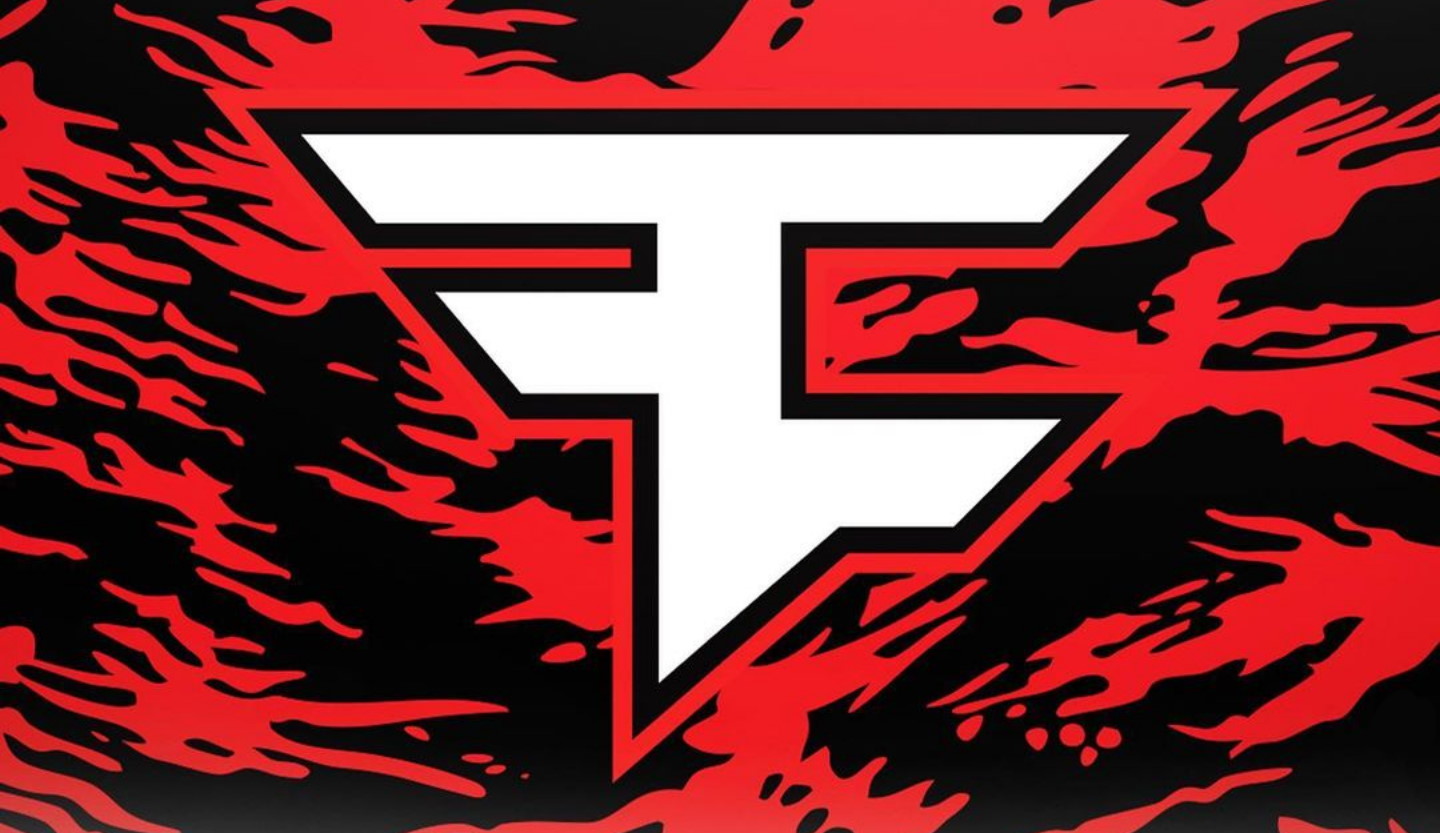Dogs biting staff, obscene sums spent on rappers, and eye-popping losses: How FaZe Clan was 'building a mythology,' bro
"We weren’t throwing money in the garbage."

FaZe Clan's share price currently sits at 18 cents on the Nasdaq: which is a problem, and come September 19 will become a catastrophe. In March this year the Nasdaq issued a notice of delisting to the lifestyle-slash-esports company because its share price had fallen below the $1 minimum bid for 30 days in a row. FaZe was given six months to get it back to that level for a minimum of ten days and, so far, has failed.
Check back in soon if you want to see a car crash, but if you're wondering why such an omnipresent and seemingly successful brand is in such financial dire straits, Bloomberg has a new report going over some of the company's history in recent years, and it lists some eye-popping decisions and expenditures.
It begins with a July 2022 event featuring the rapper Travis Scott performing, which was attended by FaZe's staff and players and filmed for online distribution. Scott's fee for a 15 minute set that barely anyone in the venue could hear? $1.7 million. Nice work if you can get it.
That was the brainchild of one Lee Trink, who until September 9 was FaZe CEO, leaving ten days before that Nasdaq deadline, which I'm sure is just coincidence. FaZe made a $48.7 million loss last year and its onetime boasts about a billion dollar valuation now seem utterly delusional: the (very brief) high for the shares saw them trading at $20, before the collapse into sub-$1 valuations.
Part of the perception of FaZe as successful is the genuinely impressive reach it can boast of: countless videos with millions of views and 512 million social media followers across multiple platforms. But setting aside some notable one-off sponsorships (McDonalds) and merchandise successes (a collaboration with Japanese artist Takashi Murakami in 2020 that made $1.2 million in hours) FaZe doesn't seem to have been able to parlay these numbers into consistent revenue and ultimately profit, and there's now increasing scepticism among investors about whether a gaming lifestyle brand such as this is indeed a paradigm-shifting business (as well as about esports more generally).
Meanwhile FaZe was spending money like it was going out of fashion. It had a $60,000 / month rental bill for various luxury properties used to film its videos and house staff, including one mansion that was once home to Justin Bieber. Trink himself had a diamond 'F' necklace in the shape of the FaZe logo. Stars like Nick 'Nickmercs' Kolcheff were given multi-year contracts worth $500,000 a year. In 2022 Trink was paid $731,000. Snoop Dogg's short-lived collaboration with FaZe saw the rapper receive $2.6 million in restricted stock: sorry about that Snoop.
Trink also apparently brought his pet pit bull to work where, per Bloomberg: "it bit at least one staffer, Trink acknowledged."
Keep up to date with the most important stories and the best deals, as picked by the PC Gamer team.
"We weren’t throwing money in the garbage," said Trink. "We were creating a mythology."
Yeah, the mythology of success. Despite significant sums being invested in FaZe, by the end of 2021 its debt had more than doubled to $70.8 million. In the first half of 2023, FaZe made a loss of $28 million after sales fell by 30%. In February this year the company fired 20% of its workforce, and two months later fired 40% of those that remained.
It's a stunning look inside an organisation that really doesn't seem to have any business getting as far as it has, and the day of reckoning is right around the corner. FaZe's scale means that it will surely stumble on in some form, though with many of the stars that made it a thing in the first place now pursuing their own projects it's yet to be seen who's even left to try and turn things around.
"FaZe is definitely going to weather it," said Trink in a June interview. "FaZe is no stranger to controversy. It’s part of why we’re so compelling.” Watch this space.

Rich is a games journalist with 15 years' experience, beginning his career on Edge magazine before working for a wide range of outlets, including Ars Technica, Eurogamer, GamesRadar+, Gamespot, the Guardian, IGN, the New Statesman, Polygon, and Vice. He was the editor of Kotaku UK, the UK arm of Kotaku, for three years before joining PC Gamer. He is the author of a Brief History of Video Games, a full history of the medium, which the Midwest Book Review described as "[a] must-read for serious minded game historians and curious video game connoisseurs alike."

